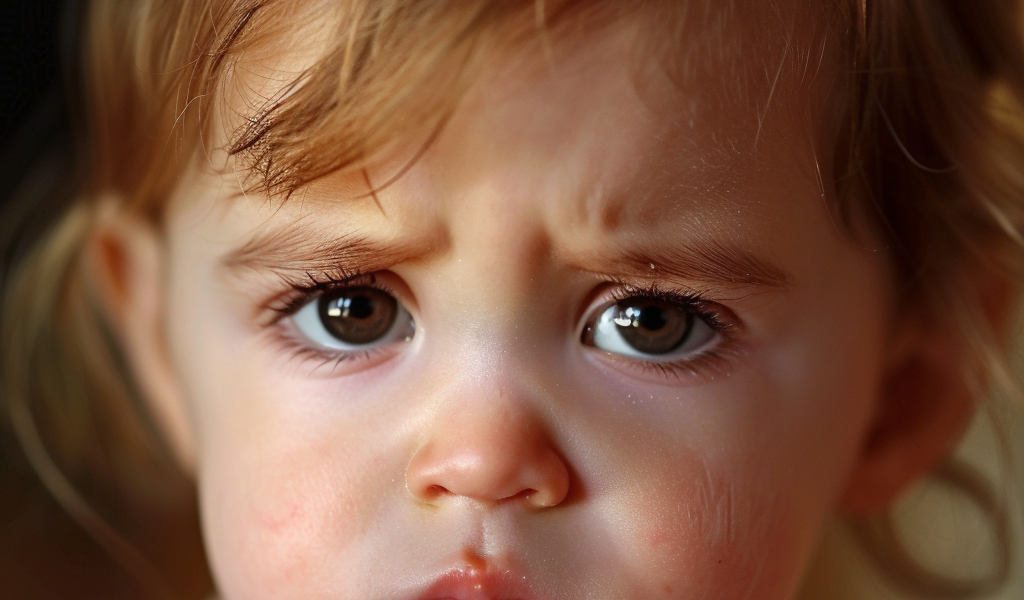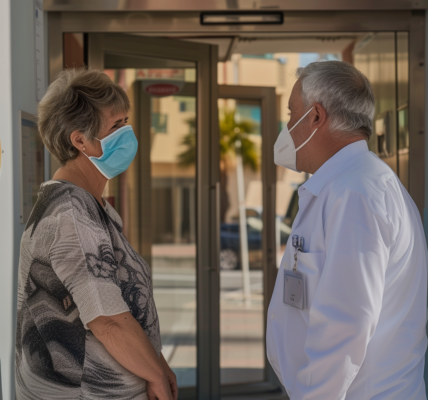Whooping cough, also known as pertussis, has been making a resurgence in various parts of the world, leading to fatal outbreaks in countries such as China, the Philippines, Czech Republic, and the Netherlands, as well as outbreaks in the US and UK. The infection, which primarily affects the upper respiratory system, is challenging to detect early and can be particularly dangerous for children and babies, often resulting in fatalities.
In China, the National Disease Control and Prevention Administration reported 13 deaths and 32,380 cases in the first two months of 2024, a significant increase from the previous year. Similarly, the Philippines recorded 54 deaths and a 34-fold increase in infection figures in the first three months of 2024.
Understanding Whooping Cough
Whooping cough is caused by the bacterium Bordetella pertussis, releasing toxins that lead to airway inflammation. The initial symptoms resemble those of a common cold, including a stuffy nose, mild cough, and low-grade fever, making early diagnosis challenging. As the infection progresses, individuals may experience uncontrollable coughing fits, often accompanied by a distinctive ‘whoop’ sound during inhalation. These coughing fits can persist for several weeks, causing significant distress and discomfort.
Risk Factors
Children and infants are particularly vulnerable to severe symptoms, with babies at risk of experiencing breathing difficulties. While teenagers and adults may exhibit milder symptoms, they can still endure debilitating coughing fits. Furthermore, asymptomatic carriers, particularly among adults, can unknowingly spread the infection, complicating efforts to contain the disease.
Treatment and Prevention
Early diagnosis is crucial for effective treatment, typically involving antibiotics. However, once the coughing phase begins, antibiotics may not be as effective, as the bacteria may have already left the body, and the persistent coughing is a result of airway damage. Vaccination plays a vital role in preventing whooping cough, with free vaccines available in some countries, often administered in combination with protection against other diseases such as diphtheria and tetanus.
In the US and UK, specific vaccines are routinely administered to infants and young children, offering protection against whooping cough. These preventive measures are essential in reducing the spread of the infection and minimizing the risk of severe complications.





